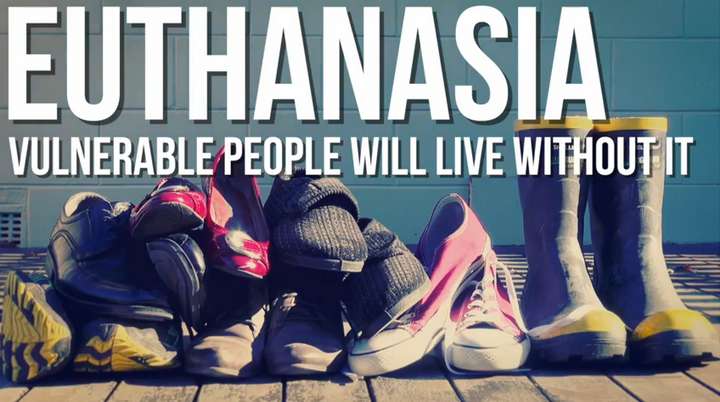
Stuff co.nz 5 December 2018
Family First Comment: Dr Huhana Hickey, who has multiple sclerosis, is one of many who consider the bill unsafe for the disabled, elderly, and the “easy targets for unscrupulous people”.
#RejectAssistedSuicide
www.Protect.org.nz
New Zealand is facing a question of life and death. After taking in the nation’s views on legalised euthanasia, the largest-ever parliamentary tour ended in November. Now, Stuff is laying out the arguments and telling the compelling stories surrounding the End of Life Choice bill.
Armed with alarming anecdotes and evidence from overseas jurisdictions, many arguments for legalising assisted death fall on either side of a divide.
It’s a narrow path to escape a painful death; or a “slippery slope” towards broadly sanctioned killing. But how does the End of Life Choice bill compare?
Dr Huhana Hickey, who has multiple sclerosis, is one of many who consider the bill unsafe for the disabled, elderly, and the “easy targets for unscrupulous people”.
“How do we know that we’re going to keep people who don’t want to be euthanised safe?”
It’s the permissive laws of the Netherland and Belgium, which permit euthanasia of minors and infants, that has Hickey most concerned.
“You can put all the safety measures in place, but the laws have a way of changing over time.
“Once you legislate it, you open the door to amendments, alterations, and the bill becoming, basically, an absolute farce in the end.”
Netherlands and Belgium have liberalised since passing law in 2002, after decades of permitting medically-assisted euthanasia.
Though liberalisation hasn’t happened everywhere. US-state Oregon legalised euthanasia strictly for cases of terminal illness in 1998, and hasn’t changed since. Advocacy to include irremediable conditions is now starting to gain traction two decades later.
The End of Life Choice bill permits assisted dying in a manner similar to Oregon, Canada, and Victoria, Australia – all stricter than European regimes.
Yet Hickey sees demonstrable risks. Belgian prosecutors are now conducting the first criminal investigation into a euthanasia case of a women with autism in 2010.
READ MORE: https://www.stuff.co.nz/national/health/euthanasia-debate/109071343/what-it-will-take-to-die-setting-a-straight-path-down-the-slippery-slope


